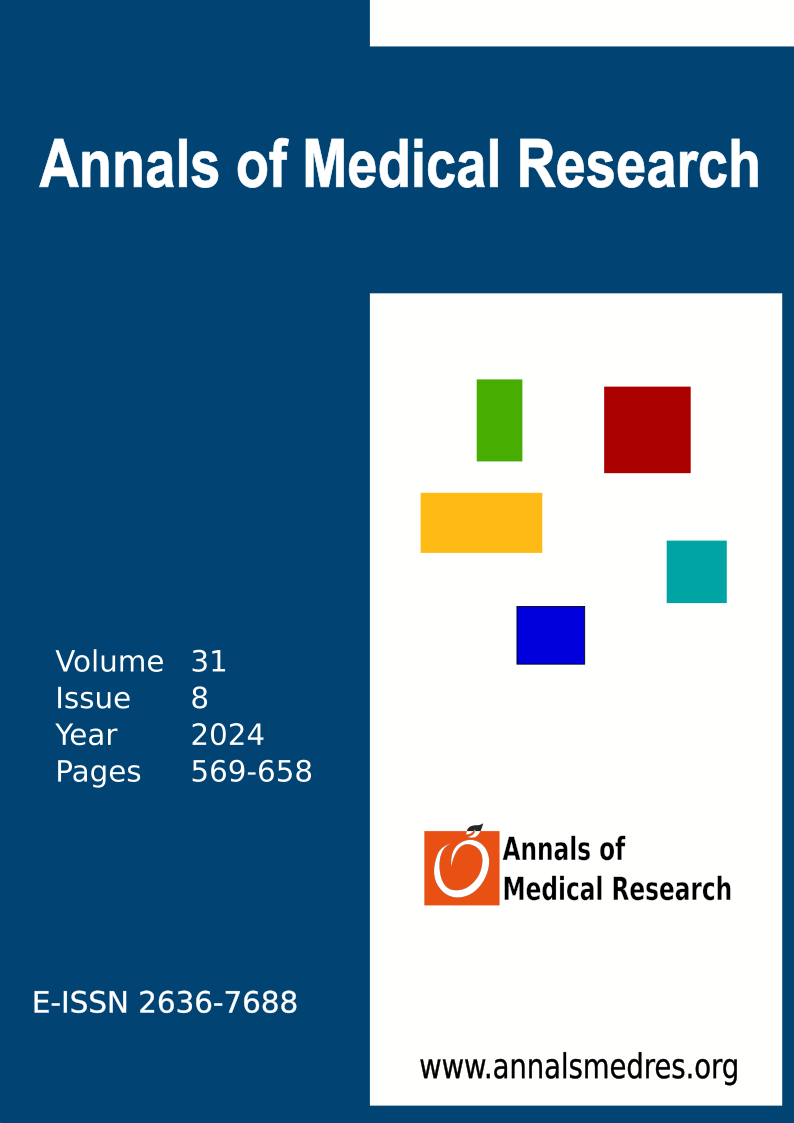Evaluation of sleep quality in patients with tinnitus
Keywords:
Tinnitus, Sleep quality, QuestionnaireAbstract
Aim: Tinnitus occurs when a sound is detected in the ear in the absence of external auditory stimuli. It can impact daily activities, leading to issues with concentration, emotional distress, and sleep disturbances. The objective of this study is to examine the state of sleep quality in patients with tinnitus.
Materials and Methods: A total of 81 patients (42 females, 39 males) who presented to the clinic within the past six months and had experienced subjective tinnitus for at least six months were included in the study. The Tinnitus Handicap Index (THI), Pittsburgh Sleep Quality Index (PSQI), and Insomnia Severity Index (ISI) questionnaires were utilized.
Results: There was a moderate statistically correlation between THI and both PSQI (r=0.411; p=<0.001) and ISI (r=0.436; p=0.003). Higher THI scores were associated with higher PSQI and ISI scores.
Conclusion: Assessing sleep quality is essential in the management of tinnitus, as it plays a role in managing tinnitus and improving the quality of life of those affected.
Downloads
Published
Issue
Section
License
Copyright (c) 2024 The author(s)

This work is licensed under a Creative Commons Attribution-NonCommercial-NoDerivatives 4.0 International License.
CC Attribution-NonCommercial-NoDerivatives 4.0






